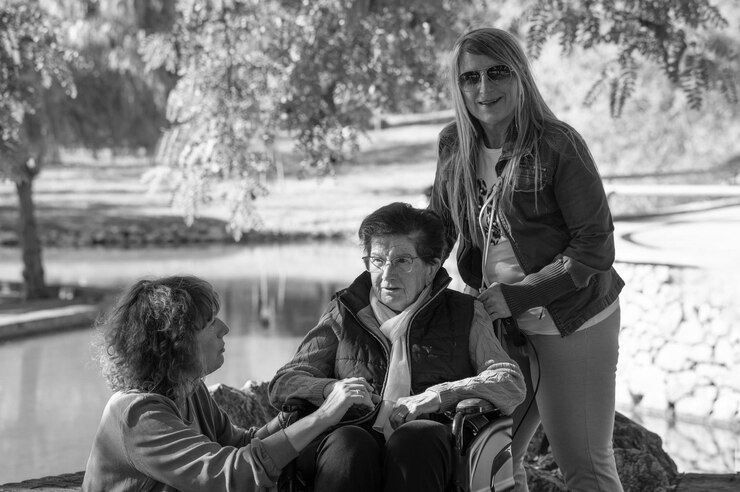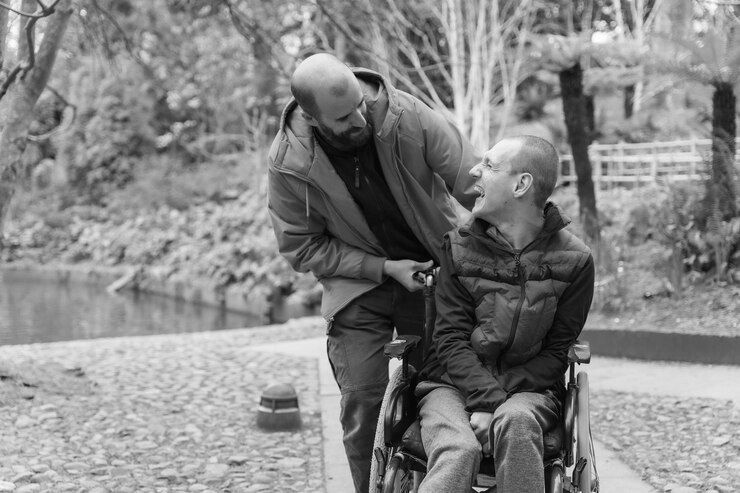In Texas, guardianship is a legal arrangement where a court appoints a person (the guardian) to make decisions on behalf of another individual (the ward) who is unable to do so due to incapacity.This process is governed by the Texas Estates Code and is considered a significant legal action because it can remove or limit an individual's rights .
When Is Guardianship Required in Texas?
Guardianship may be necessary under the following circumstances:
- Minors: When a child's parents are deceased or unable to care for them, a guardian may be appointed to make decisions regarding the child's welfare.
Adults with Incapacity: If an adult cannot make informed decisions due to mental or physical conditions, a guardian may be appointed to manage personal or financial matters.
- Elderly Individuals: Older adults experiencing cognitive decline, such as dementia, may require a guardian to ensure their safety and manage their affairs.
- Individuals with Disabilities: Adults with intellectual or developmental disabilities who cannot make decisions independently may need a guardian.
CARING FOR AN AGING PARENT WITH DEMENTIA
Maria had always admired her mother Elena’s independence. But as the years passed, she noticed subtle signs of decline—missed appointments, confusion with medications, and unpaid bills. One day, Elena wandered several blocks from home and couldn’t remember how to get back. A medical evaluation confirmed what Maria had feared: her mother was suffering from dementia and could no longer make safe, informed decisions on her own.
Because Elena had not prepared powers of attorney while she was still mentally capable, Maria petitioned the court for guardianship. This allowed her to legal
- Manage her mother’s finances and daily needs
- Make informed medical decisions
- Arrange for appropriate housing and care
- Protect her from financial harm and neglect
Guardianship gave Maria the ability to care for her mother with the legal support she needed—and the peace of mind Elena deserved.
SUPPORTING A SON WITH SPECIAL NEEDS
Lisa and David raised their son, Ethan, with unwavering love. Diagnosed with a developmental disability as a child, Ethan relied on their daily support for structure, safety, and decision-making. As he approached adulthood, Lisa and David faced a difficult reality: though Ethan was turning 18, he would still need their help with medical, financial, and legal matters.
To ensure they could continue advocating for Ethan and protecting his well-being, they petitioned the court for adult guardianship. Once approved, they were legally able to:
- Make healthcare decisions in his best interest
- Oversee educational and life skills programs
- Manage finances and prevent exploitation
- Provide continued emotional and practical support
Guardianship was a legal step—but more than that, it was an act of love, ensuring Ethan’s life would continue with stability, care, and dignity.







